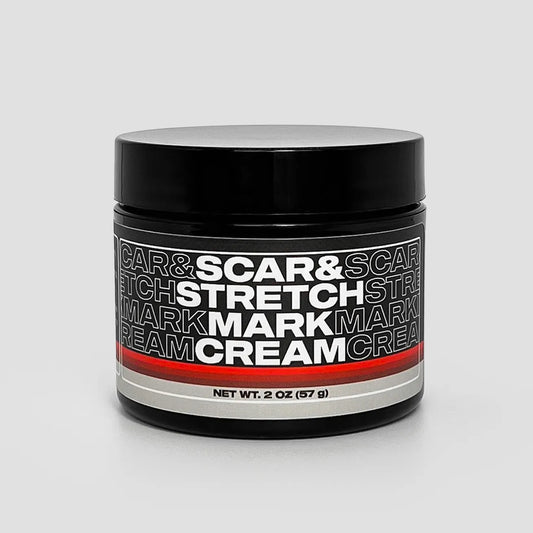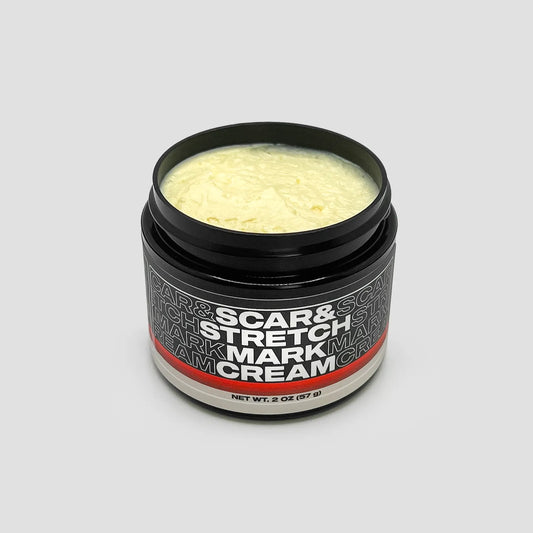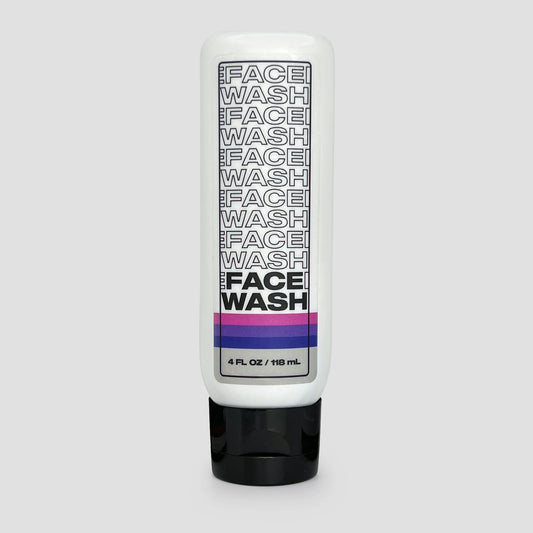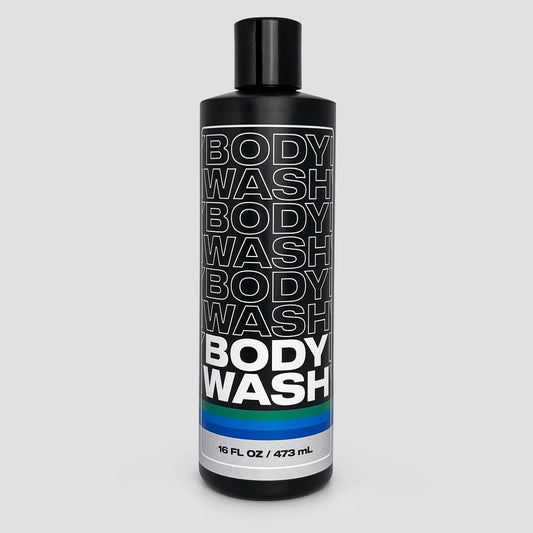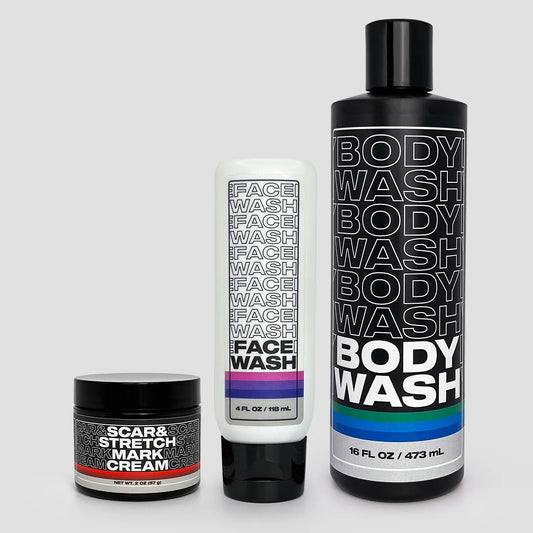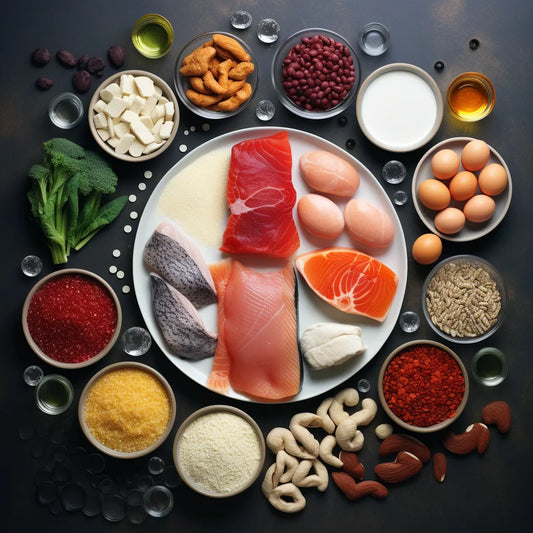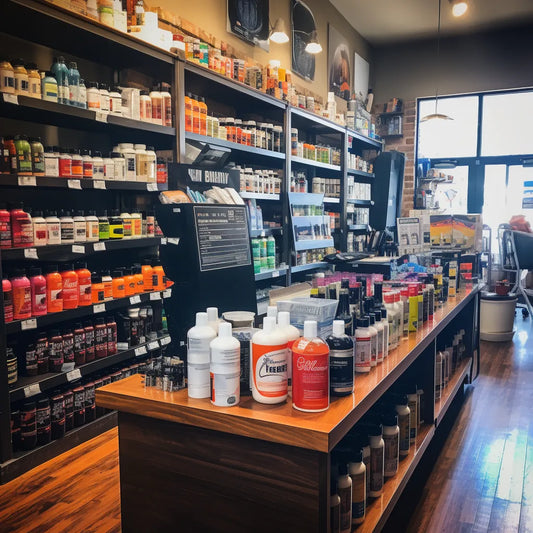

There you are at the gym, ready to refuel post-workout, facing an aisle filled with protein powders. You're unsure whether to reach for the pea protein or the milk protein. You've come to the right place.
As an athletic man, it's crucial to understand what you're feeding your body for muscle recovery and development. Today, we're discussing two heavyweight contenders in the protein world: pea protein and milk protein.
We'll analyze their differences in terms of composition, digestibility, muscle recovery, nutritional benefits, and allergen concerns. By the end, you'll know exactly which protein is your champion.
Ready for a deep dive into protein powders? Let's roll that boulder up the hill and get started.
What is Pea Protein?
Pea protein is a high-quality protein derived from yellow peas. It's rich in essential amino acids like BCAAs, which aid in muscle recovery and growth. Plus, it's hypoallergenic, making it an ideal choice for those with certain dietary restrictions or sensitivities. (source)
What is Milk Protein?
Milk protein, including widely popular whey and casein, are derived from milk. They are complete proteins containing all essential amino acids. Known for their speedy absorption, milk proteins are often seen as the go-to option for muscle growth and repair. (source)
How To: Choose Between Pea Protein and Milk Protein
Feeling lost in the peas and cows debate? Follow this guide to understand which protein suits your individual needs.
1. Identify Your Dietary Needs
Are you lactose intolerant or following a plant-based diet? Pea protein wins here, as it's dairy-free and vegan-friendly. (source)
2. Consider Protein Quality
Both pea and milk proteins boast a high amino acid profile, essential for muscle growth. However, milk proteins tend to be more bioavailable, meaning your body may utilize them more effectively. (source)
3. Look into Digestibility
Many people report tummy troubles with milk proteins, especially in large amounts. In most cases, pea protein gets the thumbs-up for being gentler on the stomach. (source)
Does Pea Protein Support Muscle Growth as Effectively as Milk Protein?
According to research, pea protein can be equally effective as milk protein in supporting muscle growth and recovery. However, individual results may vary, so it's important to experiment and see what benefits you most. (source)
Which Protein Supplement Tastes Better, Pea or Milk Protein?
Taste is subjective. Most milk proteins have a neutral taste whereas pea proteins might have a slightly earthy flavor. However, their taste is generally masked when blended into smoothies or used in recipes. The final scoop? Taste isn't a deal-breaker, your body's response to the protein is what counts. (source)
Muscle Building Has a New Champion: Decision Between Pea Protein Vs Milk Protein
It's been a tough match, with both pea protein and milk protein landing solid punches. But who's the winner? The kind of protein that works best for you depends on your specific needs and preferences.
Final Score: Matching Your Gains with Your Goals
- Pea protein: For those with dietary restrictions or sensitivities.
- Milk protein: For bioavailability and fast absorption.
Whether it's pea protein or milk protein fueling your muscles, remember: consistency is your true ally in the gym. Keep pressing, lifting, and crunching, Tapered men. Victories are made of sweat and determination.
